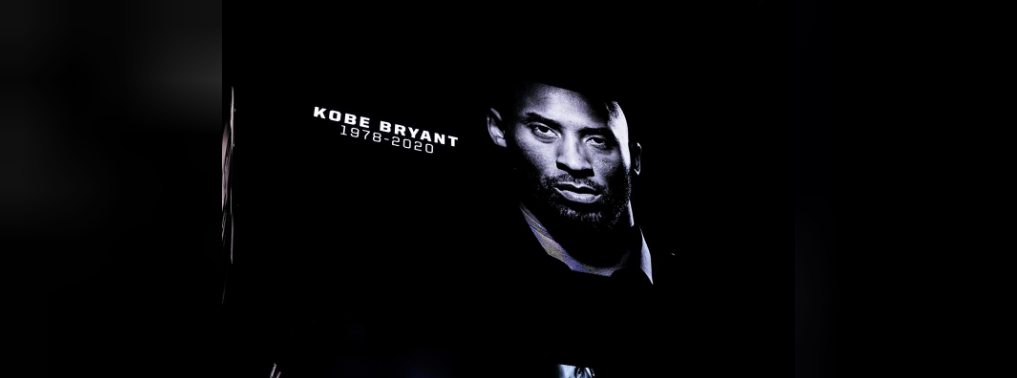Kobe Bryant, who passed away on Sunday in a tragic helicopter crash, is being mourned across the world as a star basketball player. His friends and fans alike are overcome with grief. Paulo Coelho, the acclaimed Brazilian writer, deleted the script for his book on Bryant out of respect, and because it had “lost its reason”.
Given the kind of influence Bryant had, one can understand how a rape allegation may have gotten lost in the din and how many of us were unaware of the past of the ‘maddenly driven genius’, as Daily Beast put it. What is worse than the ignorance about his crime is the belief that there is a time and place to talk about rape. His fans have repeatedly asserted that death is too “sensitive” a time to engage in anything but hero worship.
In 2003, a young woman of 19 came forward accuse Bryant of raping her. She was a concierge who had led him to his room at Cordillera Lodge and Spa, where they started kissing, and Bryant went on to allegedly sexually assault her. Reports showed that she had several lacerations on her vaginal wall, and a bruise on a neck. Bryant later admitted to the police that strangulation was one of his sexual kinks. He also admitted to not having had the verbal consent of the woman.
Bryant and his legal team ultimately offered a lukewarm statement wherein he acknowledged that he finally understood how “she feels she did not consent to this encounter”.
Sports fans use the absence of the accuser’s testimony to swear upon Bryant’s innocence. But a 19-year-old concierge against the all-powerful ‘Black Mamba‘? Did she ever stand a chance? She did not have even a percentage of the legal counselling which Bryant could afford.
In the #MeToo era, a lot of women testified to having accepted hush money because the man in question was far too powerful for them to fight. None of that discredits the possibility of the rape. What is worse is how the same fans think his tragic death calls solely for the celebration of his achievements, of which there are many, and not remembering Bryant in totality – the bare and honest truth of who the man really was.
The New Republic, writing about the average fan’s dismissal of the rape allegations against Crsitiano Ronaldo, asked if it “is the psychology of sports fans to blame?”
In fact, the sporting community is so protective of evidently flawed heroes, that Washington Post sent their journalist, Felicia Sonmez on “administrative leave” for simply sharing the link to an article about the rape allegations against Bryant a short while after his death. More so, The Swaddle, after publishing an article about Bryant which acknowledged the rape allegations head on, had to post a public apology for the timing.
How is it that public backlash has been so extensive that media houses have been forced to be apologetic for the timing of the truth? How can there ever be a ‘bad time’ to point out harassment? Why should we continue to cater to the oppressive narrative which dictates when it is okay for us to feel hurt by the insensitive actions of powerful men?
Why, indeed, should we be forced to celebrate Bryant as a basketball superstar and wait for a ‘better time’ to talk? Success does not make rape go away – for either the rapist or the victim. After all, a person is the accumulation of their actions – be they highs or lows.
If the #MeToo era has taught us anything, then it is that all our heroes will eventually fall, and we must accept it when that happens. Clinging on to a false fantasy to ‘protect’ the idol your childhood revolved around is not an excuse we should exploit in the 21st century.
Like Felicia Sonmez said, “Any public figure is worth remember in their totality, even if that public figure is beloved and that totality unsettling.”
Meghalee Mitra is a littérateur and hopes to change the world, one word at a time.
Featured image credit: Daniel Dunn-USA TODAT Sports/via Reuters

